What is Kubernetes and how does it differ from Docker?
- By rmstech
- In Best Practices, Cloud, DevOps, Uncategorized
- 6 comments
What is Kubernetes and how does it differ from Docker?
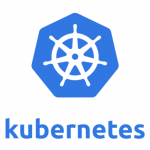
Kubernetes is a versatile, expandable, open-source system that promotes declaratory specification and integration for containerized workloads and utilities. It has enormous diversity, is growing fast and widely adopted by DevOps teams. The main benefit of using Kubernetes in your environment is that it offers you the ability to manage and run containers on groups of physical or virtual machines (VMs), particularly if you are designing and managing an application in the cloud.
Containerization is a useful method to pool your programs and manage them. You must handle the containers that operate the software programs and ensure that there is no downtime in the production environment. For example, if a container fails, another container must suddenly begin. If this activity were controlled by a program, wouldn’t it be way easier?
This is how Kubernetes comes to save the day! Kubernetes offers a platform for the robust application of distributed systems. This guarantees that your application scales and failures are kept to a minimum. Kubernetes, for example, can easily support the framework for canary delivery.
Kubernetes gives you the following:
- Discovery of operation and balancing of loads Kubernetes may use a DNS name or its specific IP address to show a container. Kubernetes is able to launch stability and circulate data traffic when the traffic to a container is great so that operation is stable and functional.
- Orchestration of stock Kubernetes will automatically install your variety of storage systems, including local depots, cloud service providers, and even more.
- Rollback and automatic role bindings The desirable condition can be represented for your implemented containers utilizing Kubernetes as well as the required state can be altered at a regulated rate. For instance, Kubernetes can be automated to generate new containers for use, to replace existing containers and also to embrace all their services in the new container.
- Auto packing of the container You have a community of nodes open to Kubernetes, which can be used for containerized operations. You tell Kubernetes how much CPU and Memory (RAM) each shipping container requires. Containers can be mounted to your nodes to maximize the use of certain resources.
- Control of confidentiality and environments Kubernetes helps you to save and handle information that is sensitive, including passwords, Auth codes and SSH Keys without reconstructing your container pictures or exposing secrets into your stack structure, you can implement and upgrade secrets and applications setup.
Difference Between Kubernetes and Docker
Docker is a lightweight containerization platform with open source technologies. In the web and software packaging world, it has become widely known. This enables you to simplify device delivery in both lightweight and compact containers.
It’s software for Virtualization. It also helps you to operate on the same server with multiple operating systems. In Docker, virtualization is operated at system level on what is widely called Docker containers.
Essential Features of Kubernetes and Docker
| Kubernetes | Docker |
| Computerized schedule proposal | Functional performance |
| Horizontal scale and load balance | Simple and easy set-up |
| Provides better use of resources | Improving productivity |
| Computerized rollouts and rollbacks | Isolation technology |
| Provides a consistent environment for growth, monitoring, and distribution | Version control |
| Auto-scalable technology and application-centered management |
Both Kubernetes and Docker operate at various levels, but they can operate together. In order to plan and execute Docker containers, Kubernetes can be embedded into the engine of Docker. Since both Docker and Kubernetes are container facilitators, both can better manage the volume of containers as well as help with the implementation of DevOps. Both can optimize most tasks involving the operation of containers and open-source software programs under an Apache License 2.0.
Docker is used by Kubernetes as its principal engine tool and Docker has just said that it can provide support for Kubernetes as a corporate version orchestration layer. In addition, Docker accepts certified Kubernetes application, which ensures that Kubernetes APIs are functioning as expected.
Whether you’re searching for Kubernetes or Docker, they are both well regarded and differ greatly. The easiest way to choose between these two is to consider which of these you know best or which one suits the current software stack.
Use Kubernetes if you need to build and manage robust comprehensive software, and use Docker Swarm if you want to grow a small-scale environment. In fact, it is a very detailed process to select the right individual and relies on your task criteria and target group.
To learn more about working with Docker and Kubernetes in an AWS environment be sure to watch our latest videos on Docker and Kubernetes on AWS at WWW.ITJOBHACKS.COM.
You may also like
What is Docker and how does it help DevOps teams?
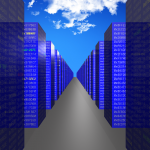
What is serverless computing and why is it important?
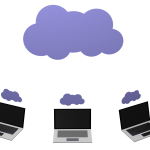
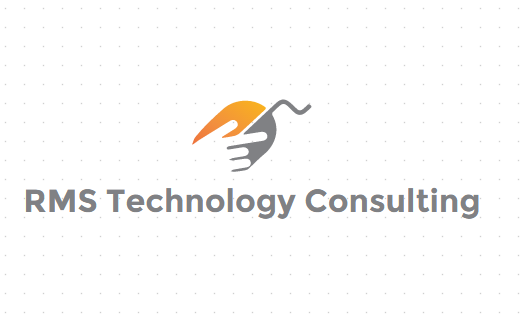
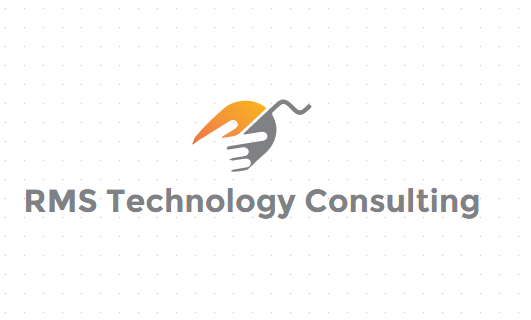
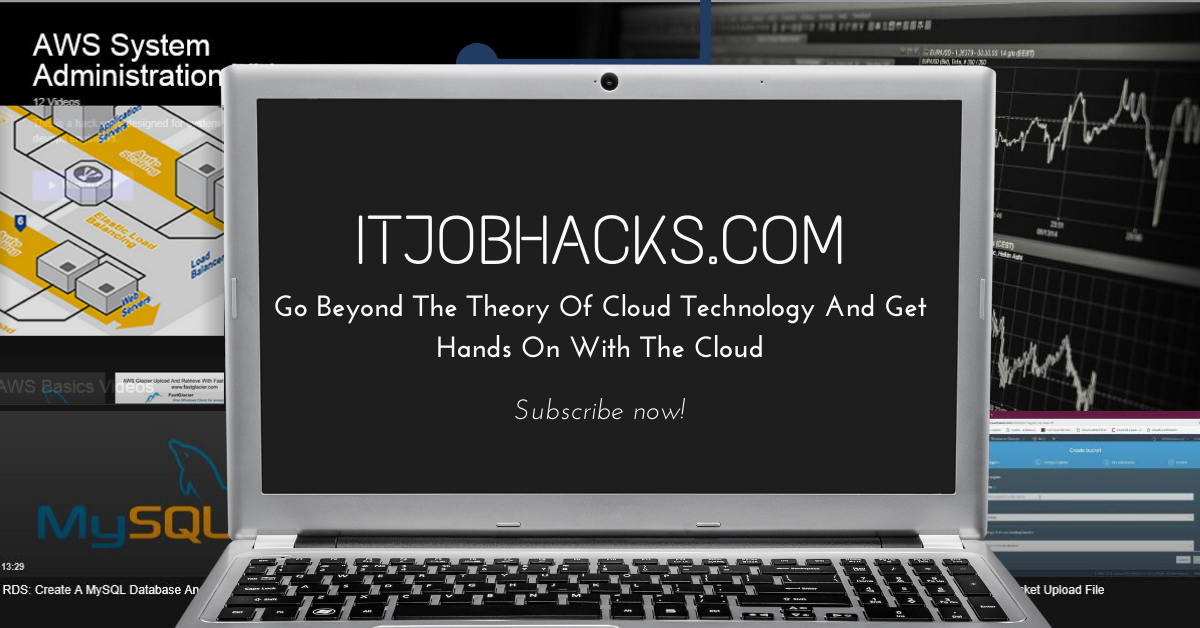

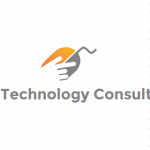
Comments
You’ve one of the best online websites.
Your article is very nice thanks.
Really nice style and design and great content , nothing else we want : D. Sissie Moises Yael
You actually make it seem really easy with your presentation however I to find this matter to be actually something which I feel I
would by no means understand. It seems too complex
and very huge for me. I’m looking ahead in your subsequent post, I will attempt to get the
grasp of it!
Hello! I could have sworn I’ve been to this blog before but after browsing through some of the post I realized it’s new to me. Anyways, I’m definitely happy I found it and I’ll be book-marking and checking back frequently!
Please let me know if you’re looking for a article
author for your site. You have some really good posts and I believe I would be a good asset.
If you ever want to take some of the load off, I’d
love to write some articles for your blog in exchange for a link back to mine.
Please shoot me an email if interested. Kudos!